*This article was originally published in the Nashville Scene. Photo credits belong to Hamilton Matthew Masters
A look at one of the country’s largest for-profit private prison companies — and the politics, money and institutions that have contributed to its power
Fifty years ago, private prisons largely didn’t exist.
While early forms of for-profit prisons first began operating in the U.S. during the 19th century via prison labor and convict leasing, state, local and federal governments were the primary entities to wield control of the country’s penal institutions. Then, in the early 1980s, mass incarceration began to skyrocket as a result of President Ronald Reagan’s acceleration of the “war on drugs” and “tough on crime” policies.
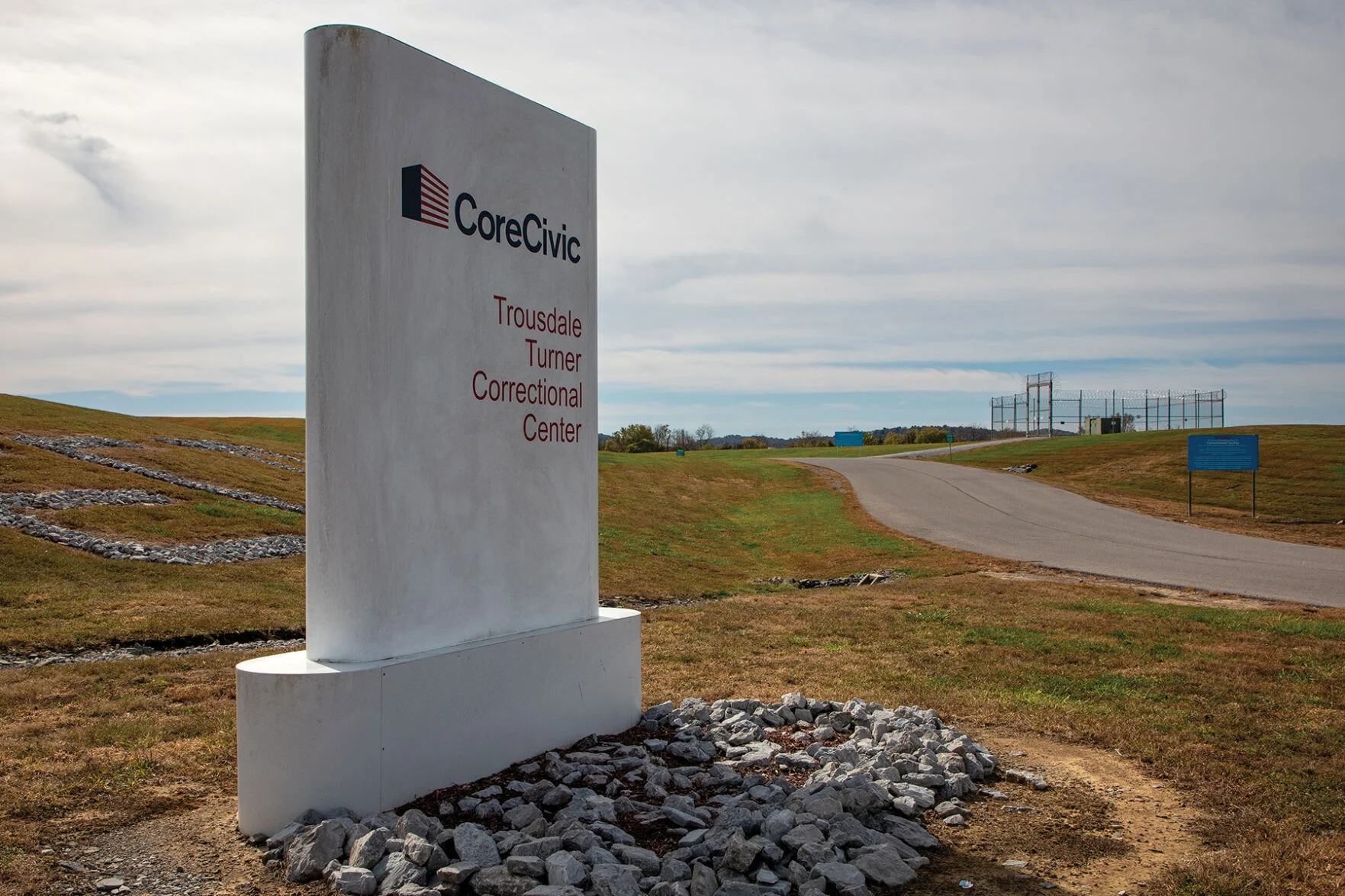
Meanwhile, the state-run prison system in Tennessee was in a period of turmoil marked by overcrowding and violence that led to the system being placed under federal supervision. As a result, a trio of Nashville businessmen sought to take an entrepreneur’s approach to address these issues.
Tom Beasley, a previous chairman of the Tennessee Republican Party, teamed up with Nashville real estate executive Robert Crants and businessman T. Don Hutto. Hutto’s career in prisons began in the 1960s when he was the warden of a Texas prison’s cotton plantation that primarily relied on the labor of Black incarcerated people, as reported by Time magazine.
In 1983, the three men formed the Corrections Corporation of America — making Tennessee the birthplace of the for-profit prison industry. The corporation’s ties to some of Middle Tennessee’s largest and most powerful businesses began at its inception. Jack Massey, co-founder of the Hospital Corporation of America (now known as HCA Healthcare) made the initial investment into the company, which also received early support from Vanderbilt University.
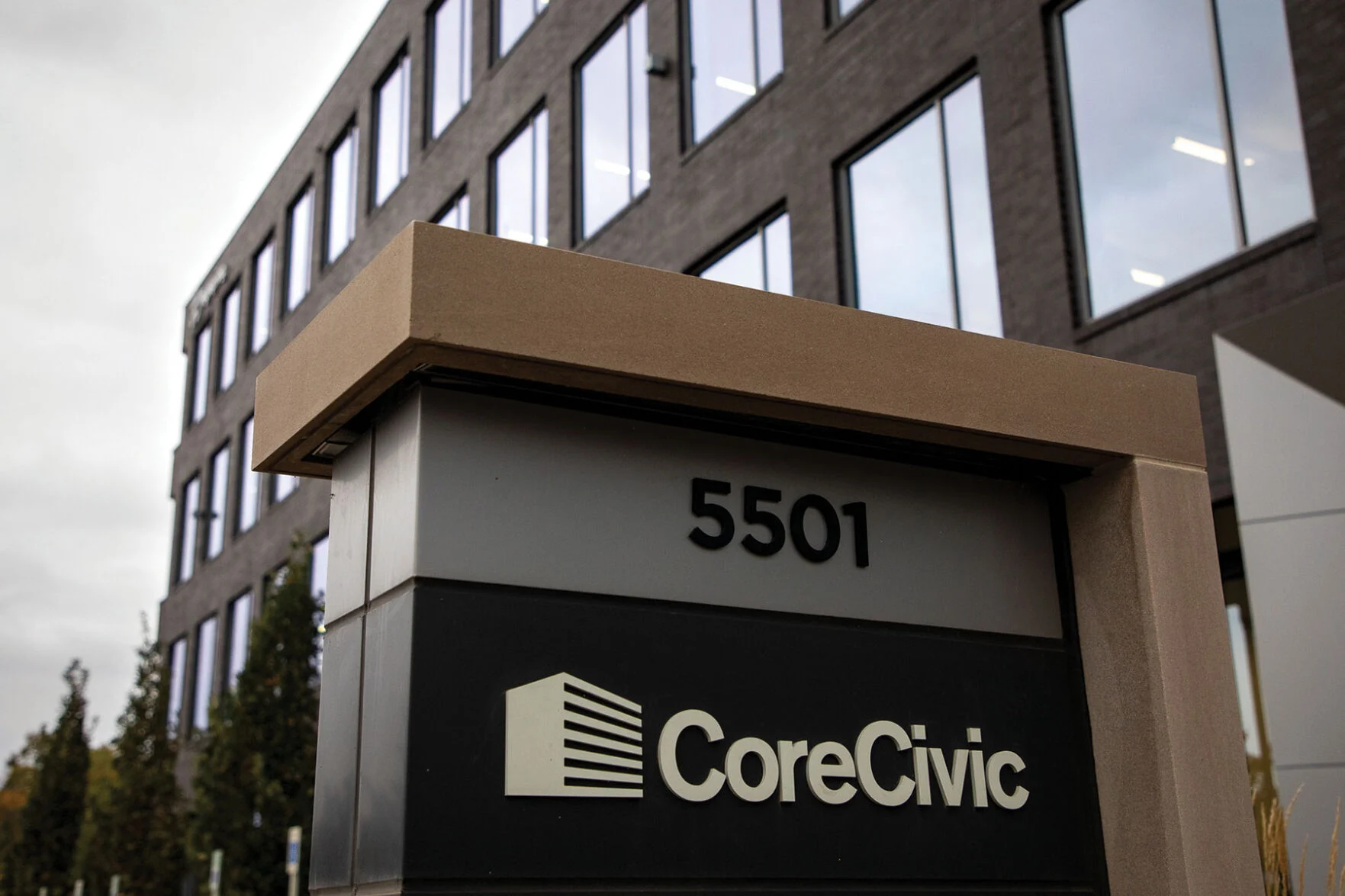
Steve Norris was commissioner of the Tennessee Department of Correction from 1985 to 1988, and during his tenure CCA began to seriously approach the state with its idea to privatize the corrections system. In 1985, CCA presented the state with a $250 million proposal to fully take over the Tennessee prison system — an effort that received support from then-Gov. Lamar Alexander but was eventually rejected by state lawmakers.
Norris tells the Scene he was initially skeptical of the offer — not necessarily because he’s opposed to private prisons, but because of the numerous financial questions raised by the idea.
“My first reaction was, ‘I’m not sure how you do that,’” Norris says. “It was quite a proposal.”
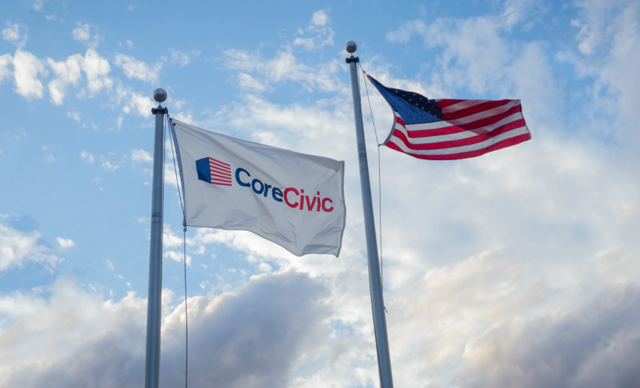
“How do you buy a state-owned corrections system?” Norris says. “How do you value it? What’s the value of the real estate? What happens to the employees? How do you value the assets? How would you establish a price for that?”
He maintains that there is an opportunity for private prisons to function effectively, but only if they are operated correctly.
“I’m not philosophically opposed to [private prisons], done well,” Norris says. “They can certainly add capacity to state prison systems and play a role. But it has to be done correctly.”
While the bid to buy out Tennessee’s entire prison system failed during a special session of the state legislature, a notable provision was passed by lawmakers during that session: a law that says the state can have only one contract with a privately run prison. CCA signed a contract with the state to open its first Tennessee prison in 1992: the South Central Correctional Facility in Clifton. In May of this year, the state renewed its contract with the prison for $168 million and for three years.
CoreCivic Reopening West Tennessee Prison for ICE Detainees
Following a heated town meeting, one elected representative is calling for an investigation into the conduct of other officials
Over the past three decades, the company began to circumvent the state law restricting Tennessee to a single private prison by signing contracts directly with local governments in the counties where it sought to place its facilities — often in small rural towns where a large prison can offer much-needed job opportunities.
Now the company operates three other prisons in the state: Trousdale Turner Correctional Center in Hartsville, as well as Hardeman County Correctional Facility and Whiteville Correctional Facility, both in Whiteville. For more than 25 years, CCA operated Nashville’s Metro Detention Facility before ending its contract in 2020 — an effort that was in part pushed for by Mayor Freddie O’Connell, who served as a Metro councilmember at the time.
CCA rebranded as CoreCivic in 2016, adopting the tagline “Better the public good.” Over the past 40 years, the publicly traded company has grown into a multibillion-dollar business operating dozens of facilities across 21 states. Its contracts in Tennessee bring in hundreds of millions of dollars annually. In 2024, the company’s total revenue was $2 billion, with a net income of $68.9 million.
CoreCivic’s latest profit surges have come from its contracts with U.S. Immigration and Customs Enforcement to open immigration detention facilities, including a recent contract with the West Tennessee town of Mason.
CoreCivic headquarters in Brentwood
Photo: Hamilton Matthew Masters
In 2019, CoreCivic relocated its headquarters — from Nashville’s Green Hills neighborhood to a nondescript office park building in Brentwood. There’s little signage to denote the massive operator’s presence.
CoreCivic remains deeply intertwined with state and national politics. The company’s political action committee and its current CEO donated to President Donald Trump’s 2024 presidential campaign and funneled hundreds of thousands of dollars to Trump’s inauguration committee. Gov. Bill Lee, U.S. Sen. Marsha Blackburn, Lt. Gov. Randy McNally and state House Speaker Cameron Sexton are just a few of the most prominent names in Tennessee politics to accept tens of thousands of dollars in campaign contributions from the company.
While CoreCivic has poured millions of dollars into conservative causes, Democrats have also been beneficiaries of the company’s campaign spending. The group has donated small sums to the Tennessee House and Senate Democratic caucuses. Democratic state Rep. Johnny Shaw of Bolivar — who has two CoreCivic prisons in his district — has received more than $13,000 from the private prison operator. State Sen. Jeff Yarbro, a Nashville Democrat, accepted $1,000 from CoreCivic in 2022, according to nonpartisan database OpenSecrets.
“I can’t speak for other legislators, but for me, letting contributions dictate the positions you take would be bribery,” says Yarbro, who has been openly critical of CoreCivic in recent months and years. “And I think both my record and my often-disappointed contributors would confirm that I’m not a reliable vote just because some PAC cuts me a check.”




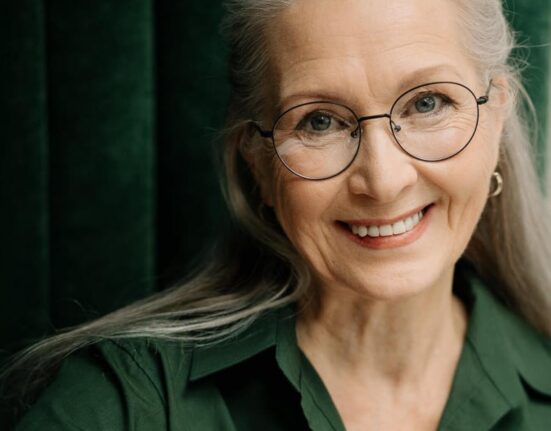














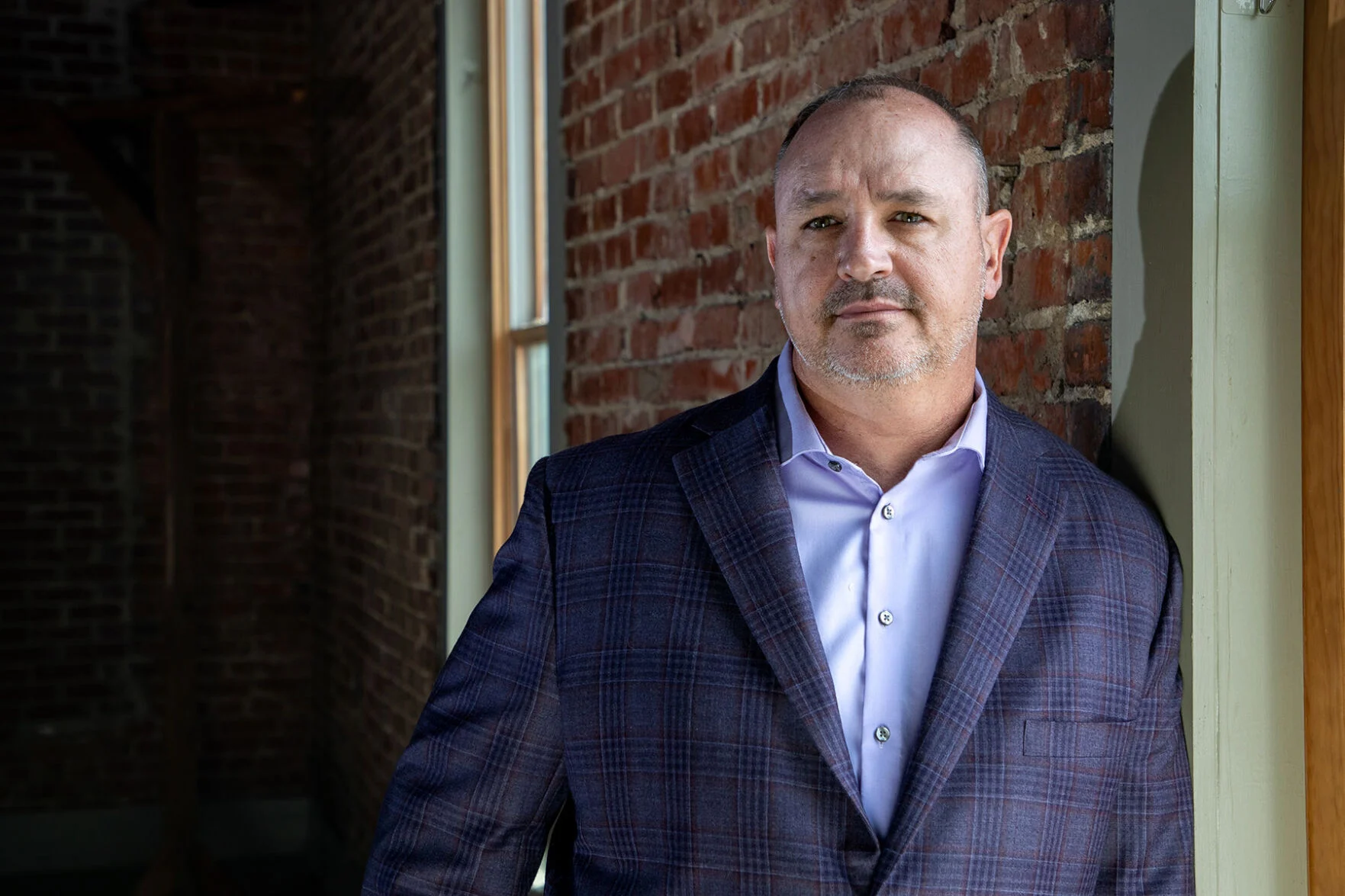
Leave feedback about this